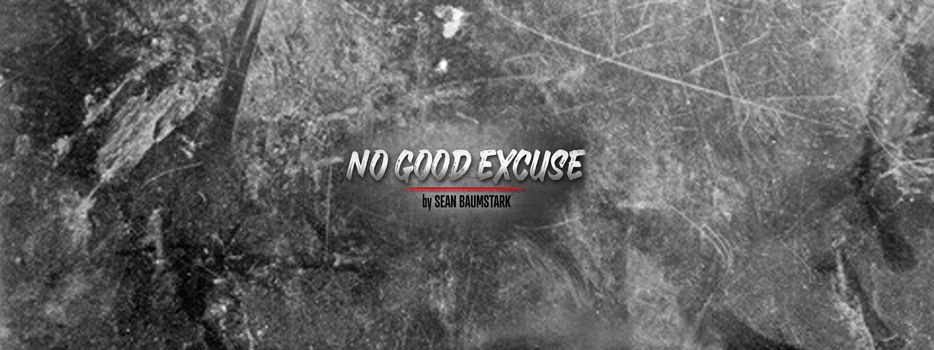Using Our Voices to Aid Research and Prompt Change
Written by |

I’ve had the privilege of making a lot of friends in the rare disease community since becoming a member myself. I’ve had many conversations about the day when someone knew something wasn’t right, and about the day a doctor or a test confirmed that hunch.
One thing I have found to be a common initial response is the notion that the outcome can be different for the person recently diagnosed than it was for others. Whether that notion stems from the person’s mindset or the ideas of a loved one, many begin their diagnosis journey with the mission of affecting change.
For most of the friends I keep, that mission never goes away.
I have days when I question my resolve, my contributions, and the impact of my actions. Will I really affect any change? Will my effort actually move scientists any closer to a cure or a treatment?
Yet I’ve always believed that anybody and everybody can make a difference. Sometimes that difference is widely known and gets massive attention. Other times that difference is more simplistic and affects people on a smaller scale.
When I was diagnosed with Friedreich’s ataxia (FA), it took me a few days to wrap my head around the prognosis, and a few weeks to identify ways I could help. As I learned about the rare disease world and how slowly progress often was made in terms of research, I knew things wouldn’t change overnight, despite my personal resolve and grit. I also knew I didn’t have the billions of dollars necessary to fund vital research.
As time went on, though, I discovered ways I could help make an impact on FA.
I don’t have billions of dollars to donate, nor do I have the smarts or the interest to study medicine or the science behind FA. But I do have personal experiences that others can study and observe. I have the genetic makeup that some researchers want to study and decode. I have time to participate in natural history studies and to offer feedback about the nuances of daily living. I have the tenacity to pick myself up off the ground every time I fall. I have the determination to try again and again.
My contribution to the rare disease community has always been tied to my time and willingness to participate in clinical trials, studies, and other research. I’ve always believed that all data is important data.
I was recently introduced to Project Euphonia, a research effort being conducted by Google.
Project Euphonia is the tech giant’s endeavor to improve machine learning in the area of voice recognition, to help folks with dysarthria communicate with others and with devices.
As a major tech company that operates some of the internet’s most popular websites, Google is well poised to offer time, talent, and resources to things like Project Euphonia.
However, this project has no power or potential if patients like me don’t offer up data that researchers can study, decipher, and compare for the sake of advancing machine learning.
If you struggle to be understood because of dysarthric speech, Google needs you. Project Euphonia needs you. My friends need you. I need you. The more data that Project Euphonia can collect, the easier and sooner communication can be more accessible.
On the podcast I co-host with one of my closest friends, we had the privilege of talking to one of Google’s lead researchers for Project Euphonia. The research they are conducting is open to anyone who speaks English and has difficulty being understood when speaking.
This is a fantastic opportunity that many of us can help with. Our contributions can be made from the comfort and safety of our homes. For me, there is no good excuse for not using my voice to advance this research.
For more information or to sign up for this research, click here to visit Project Euphonia’s website.
***
Friedreich’s Ataxia News is strictly a news and information website about the disease. It does not provide medical advice, diagnosis or treatment. This content is not intended to be a substitute for professional medical advice, diagnosis, or treatment. Always seek the advice of your physician or another qualified health provider with any questions you may have regarding a medical condition. Never disregard professional medical advice or delay in seeking it because of something you have read on this website.The opinions expressed in this column are not those of Friedreich’s Ataxia News or its parent company, Bionews, and are intended to spark discussion about issues pertaining to Friedreich’s ataxia.



Leave a comment
Fill in the required fields to post. Your email address will not be published.